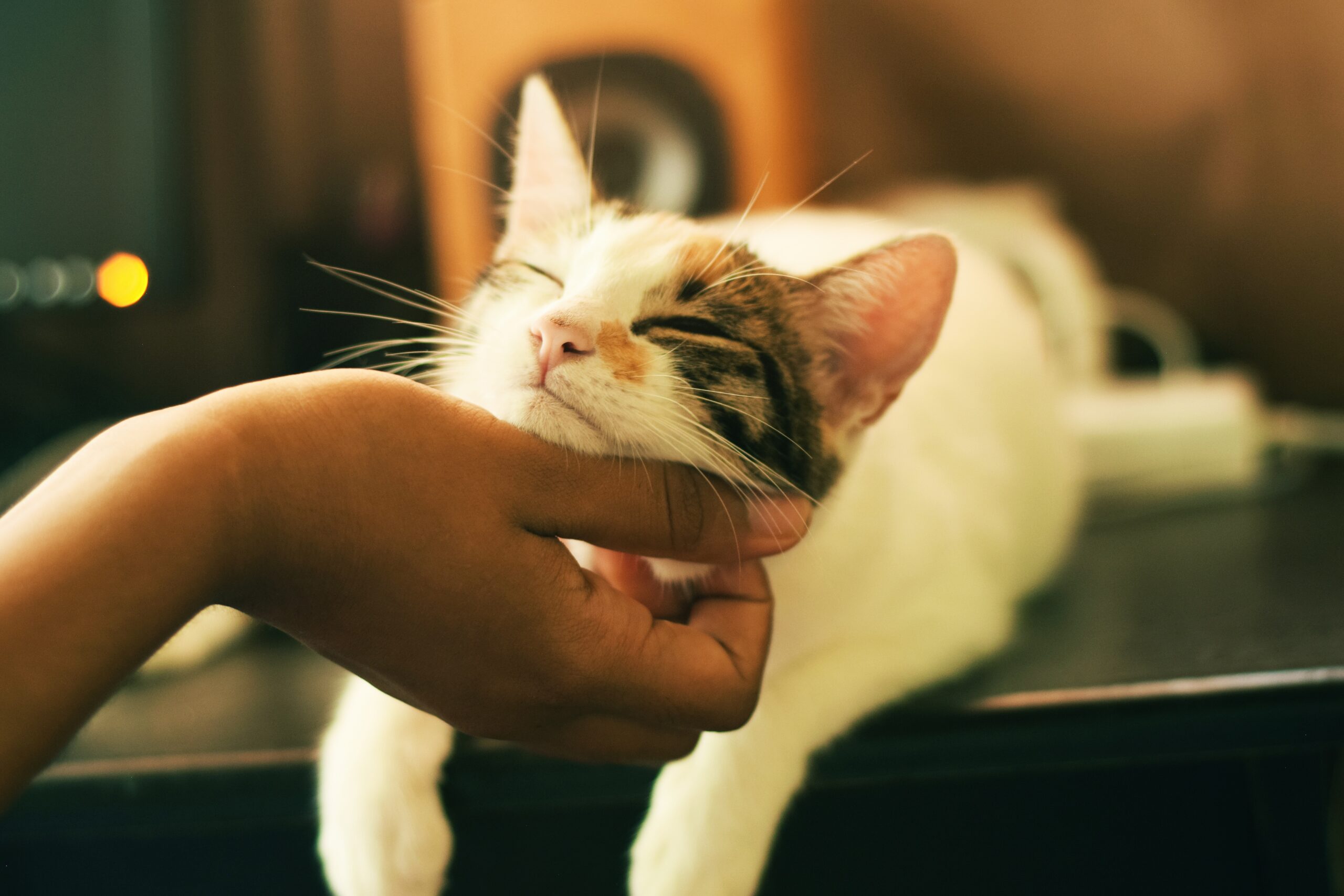
23 Jun Medicinal cannabis for cats: Is it safe and effective?
As pet parents, we’re always on the lookout for ways to make sure our furry friends are feeling their best. And when it comes to natural alternatives, CBD has been creating quite a buzz. But is cannabis safe for cats, and does it truly work?
Is CBD safe for cats?
Cannabis has more than 100 cannabinoids, but two that steal the spotlight are tetrahydrocannabinol (THC) and cannabidiol (CBD). While THC is responsible for the mind-altering effects associated with cannabis, CBD stands apart as a non-intoxicating compound with the potential for many therapeutic benefits.
Cats are more sensitive to THC than humans and it can be extremely toxic to all pets. That’s why medicinal cannabis for pets focuses on harnessing the potential therapeutic effects of CBD isolate (THC free) products.
Can CBD help cats?
Scientific research on cannabis for veterinary use is still in its early stages. A study published in the Journal of the American Veterinary Medical Association (JAVMA) looked at the effects of CBD on cats with osteoarthritis. The results suggest that CBD may help reduce pain and improve mobility in affected cats.
Another study published in Frontiers in Veterinary Science investigated the use of CBD for treating seizures in cats. The findings indicate that CBD may have anticonvulsant effects and could be a potential treatment option for feline epilepsy.
CBD may help improve the quality of life for our pets. See how CBD helped ease Possum’s anxiety.
Is CBD for cats different to CBD for dogs?
In the same way you shouldn’t give a human prescription of CBD to your pet, you also shouldn’t give CBD dog treats to your cat or vice versa. Dogs and cats have different digestive systems and body mass. CBD treatments are formulated specifically for your pet’s condition with the right dose for their needs.
Cats seem to show a poorer absorption and faster excretion of CBD than dogs. Cats also don’t have as many cannabinoid receptors as dogs so they may need more CBD to see the same effects.
What are the side effects of medicinal cannabis for cats?
The main side effects cats showed in this study were excessive licking and head shaking, and less commonly, pacing and chewing. Unlike dogs, cats don’t seem to show any gastrointestinal side effects to CBD oil treatment.
How can you administer medicinal cannabis in cats?
The easiest (and tastiest!) way to give CBD to your cat is by mixing it with their food. Depending on the reason for using CBD, vets may also suggest applying CBD oil inside a cat’s ear or dabbing CBD on their paws for cats to lick off.
Always consult your vet for personalised advice and guidance for your pet and work with them to see if medicinal cannabis could be right for your cat. Your vet can help you find the right dose for your cat’s specific health needs.
Interested in exploring natural alternatives for your cat?


